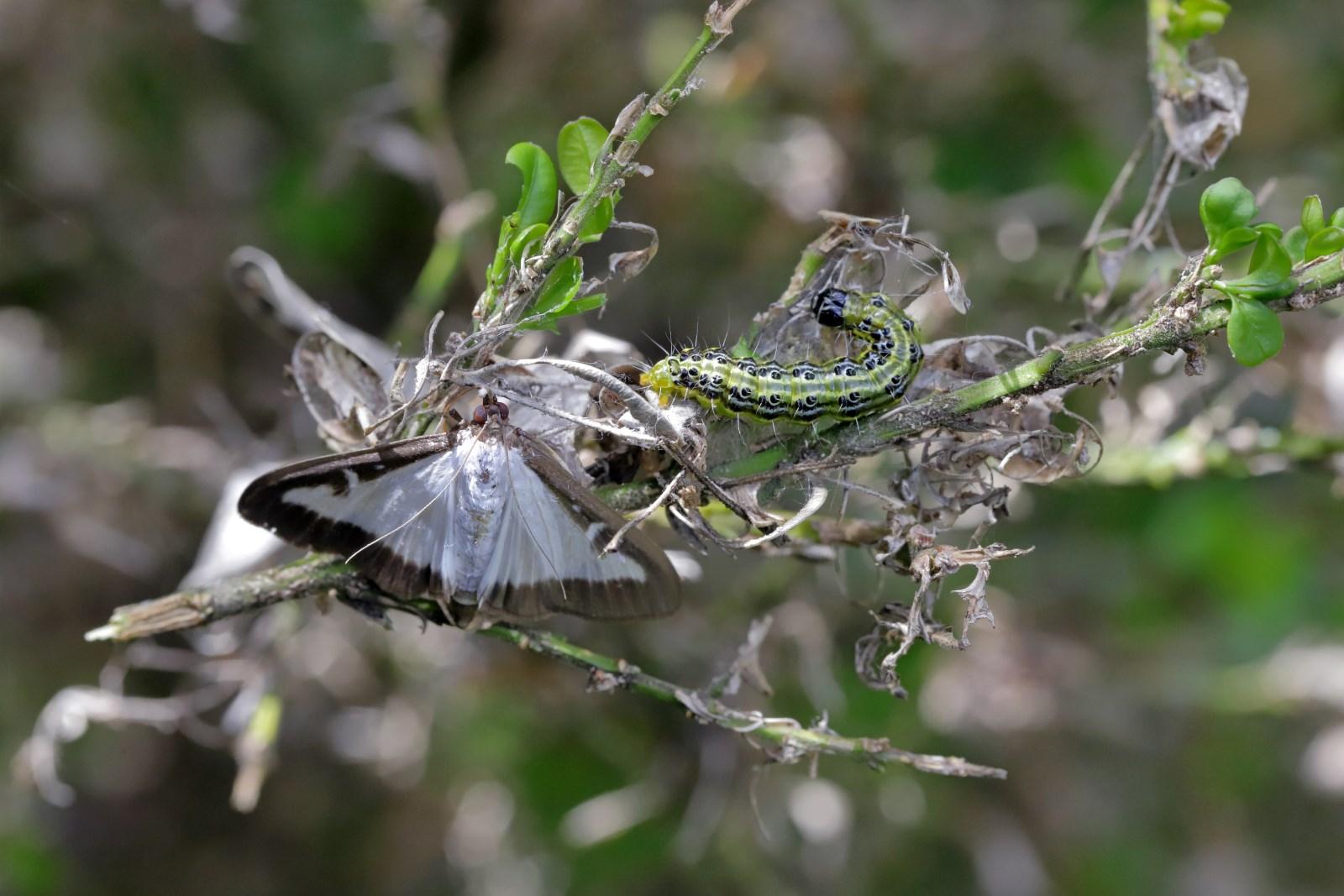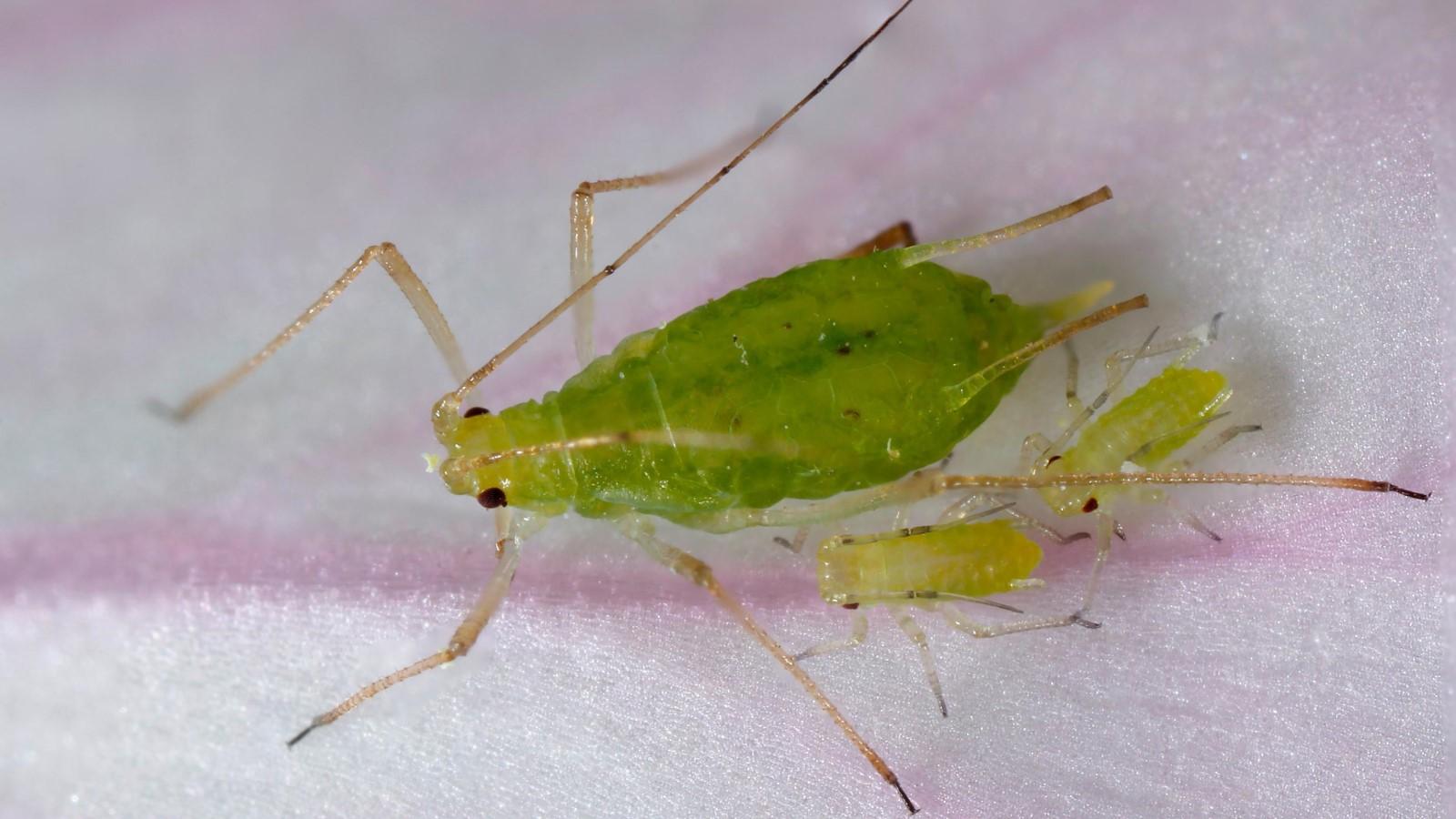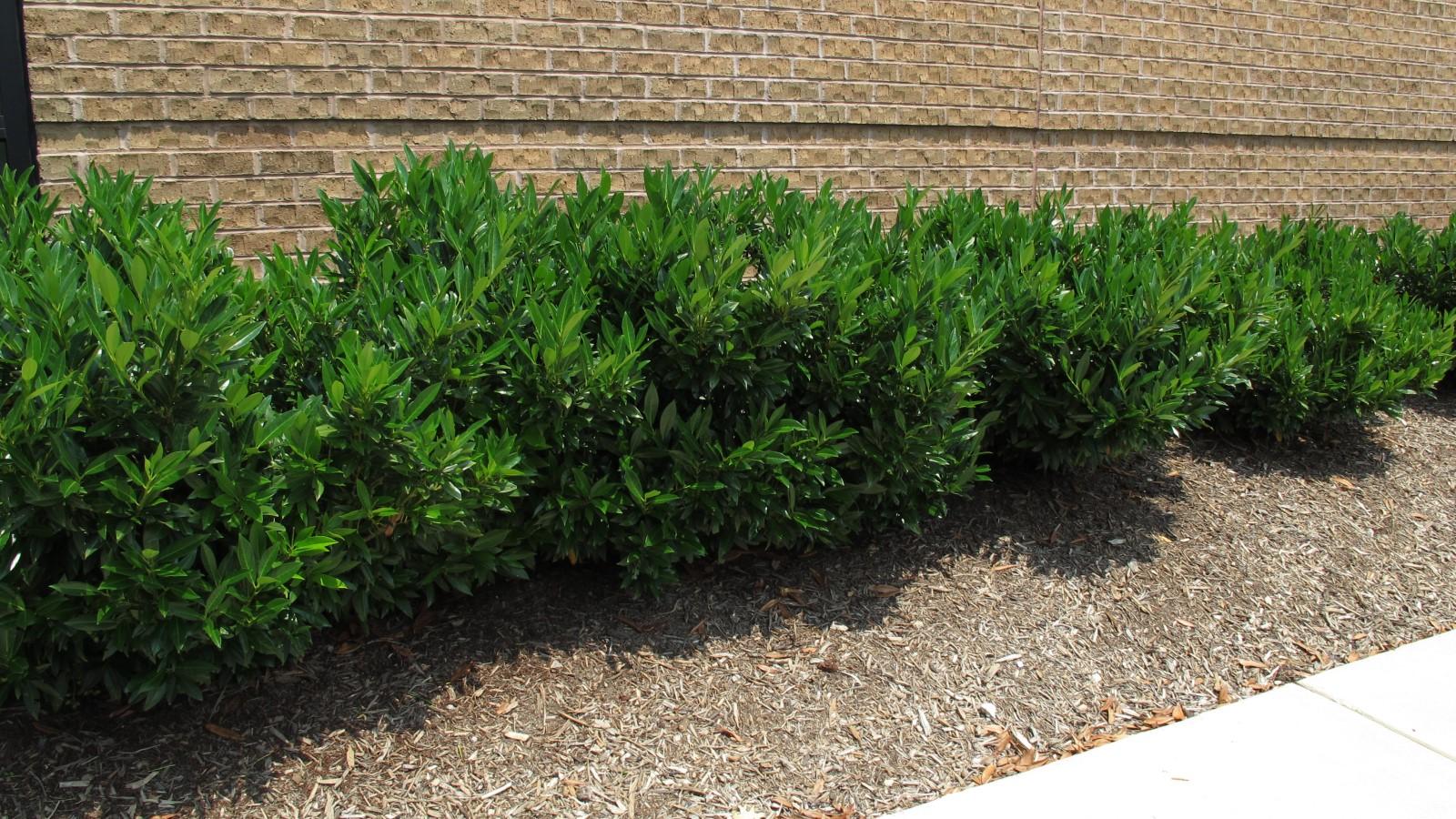Updated: October 21, 2024
Japanese Maple Scale: A Pest of Nursery and Landscape Trees and Shrubs (FS-967)
Unless Japanese Maple Scale (JMS) is monitored carefully and controlled early, populations of this armored scale can spread throughout a nursery or landscape to many species of woody plants and build up to levels that cause dieback and even death of infested plants.








